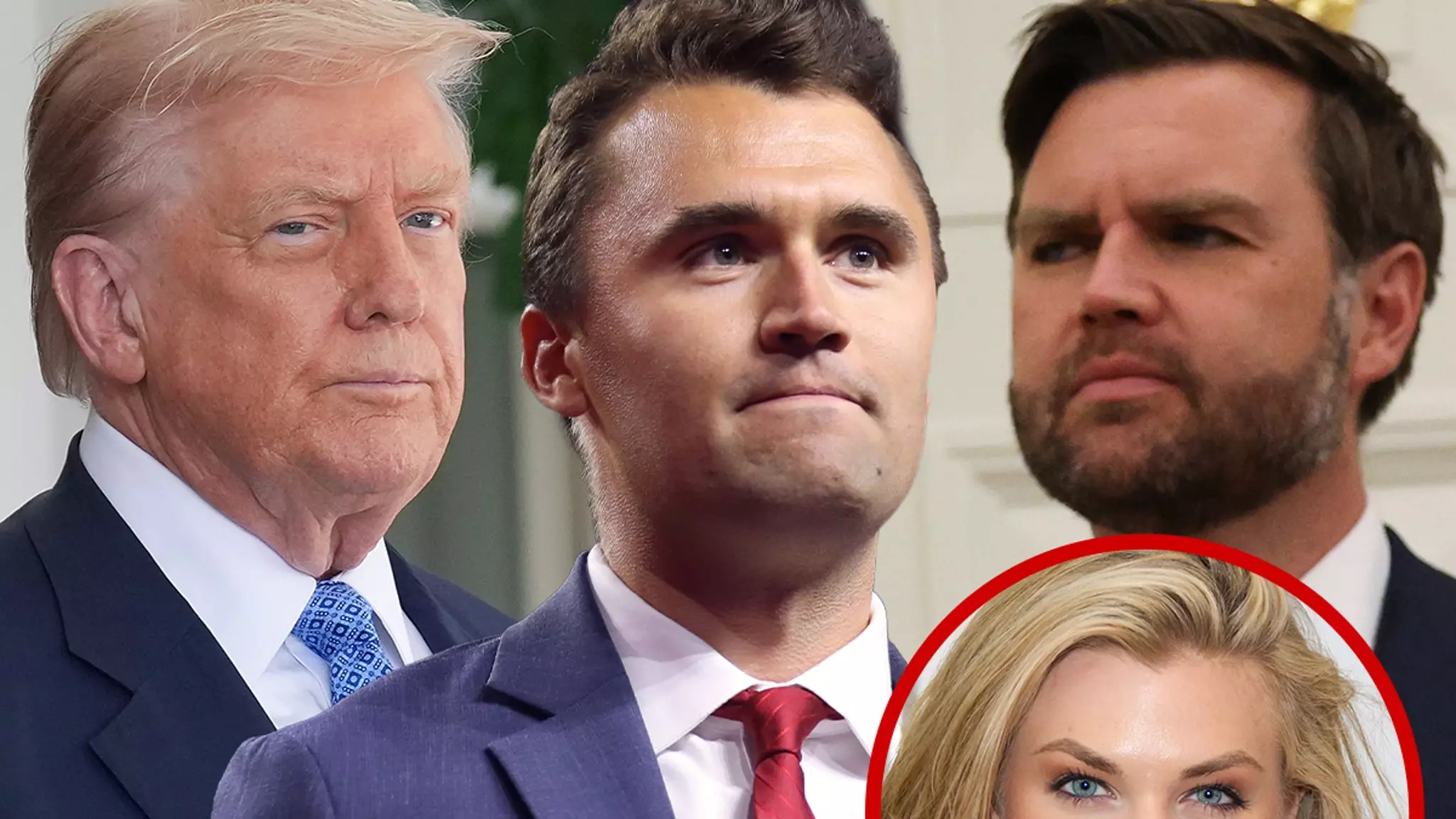In an era marked by heightened political polarization and increasing acts of violence, the recent memorial service for Charlie Kirk stands out as a poignant reminder of the importance of shared grief and collective reflection. When thousands gather under the banner of remembrance, it transcends partisan divides, highlighting a fundamental human instinct to seek solace and unity amidst tragedy. Hosting this event in Arizona, with prominent figures like President Trump and Vice President Vance leading the charge, underscores the significance of bipartisan gestures in healing a fractured society. Their presence sends a powerful message: even in moments of severe conflict, the country can come together to honor those lost and reaffirm the values of free expression and democratic debate.
The Role of Public Figures in Shaping National Dialogue
Bringing high-profile figures such as Robert F. Kennedy Jr., Marco Rubio, and Tulsi Gabbard to the forefront amplifies the gravity of Kirk’s death and the broader issue of political violence. These leaders, representing different ideological spectrums, acknowledge the destructive toll that violence exacts on the nation’s discourse. By participating in a memorial that emphasizes legacy and resilience, they subtly challenge the narrative that violence is an inevitable consequence of political fervor. Instead, this event serves as a catalyst for promoting dialogue, emphasizing that leadership and civility must prevail over division. The attendance of figures like Elon Musk, who was initially distant yet chose to stand among the crowd, embodies the hope that influential voices can shift from silence to active engagement during times of crisis.
The Media, Politics, and the Causes of Violence
The tragic death of Charlie Kirk ignited widespread debate about the factors fueling political violence in the United States. Authorities attributing the attack to frustration with Kirk’s rhetoric reflects deep-set tensions within the political landscape. The swift attribution of blame to the political left by the White House signals an attempt to contextualize violence within broader societal conflicts, although critics may view this as a politicized narrative. Democratic leaders like Barack Obama and Kamala Harris have condemned the shooting, advocating for peaceful political debate and emphasizing the importance of addressing root causes rather than scapegoating entire factions. However, whether these condemnations will translate into tangible actions remains uncertain. The tragic reality is that words matter—whether they inspire understanding or incite hatred—and public figures have a crucial responsibility to foster dialogue, not division.
Memorials as Catalysts for Change and Reflection
This memorial—a celebration of Charlie Kirk’s life and a call for civility—embodies the potential of public commemorations to serve as catalysts for societal transformation. Such events challenge us to consider the roots of violence and the responsibilities of leaders and citizens alike to combat hatred with compassion. The presence of Kirk’s widow, Erika, speaking passionately in the wake of her husband’s loss, personalizes the event, turning a political tragedy into a testament of resilience. It is an affirmation that even amid chaos, the enduring strength of community and shared values can foster hope. While the political landscape remains volatile, moments like these remind us that the path forward requires empathy, active engagement, and a collective commitment to healing the wounds that threaten to divide us further.

